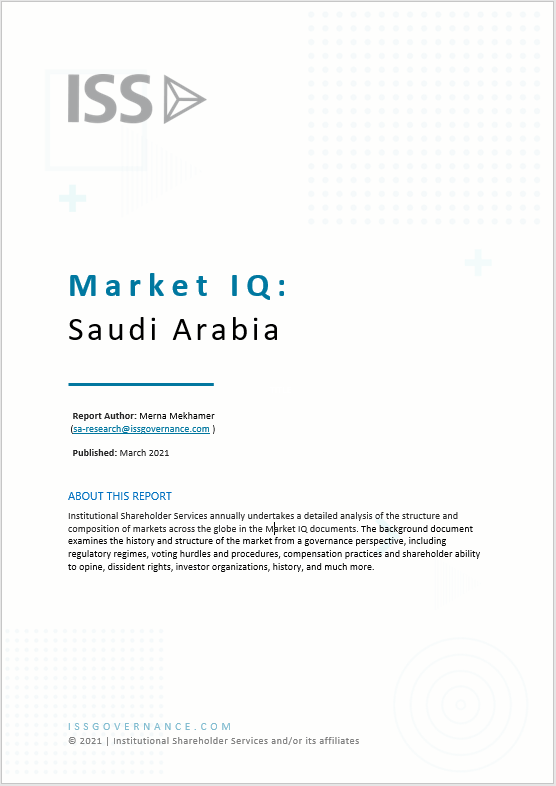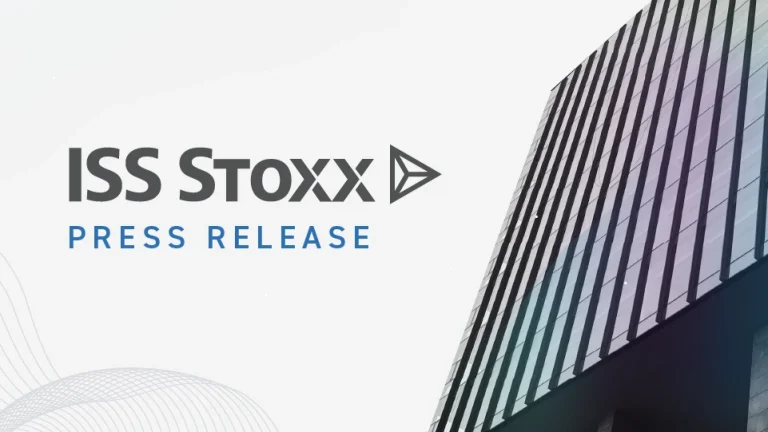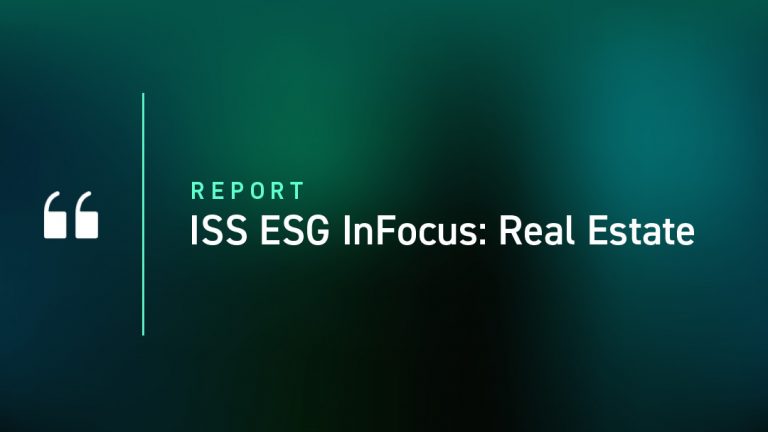Below are highlights from ISS’ newly released 2021 Market IQ for Saudi Arabia. The full report is available to institutional subscribers by logging into ProxyExchange then selecting the Governance Exchange and its Report Center tab and to corporate subscribers by logging into Governance Analytics then selecting the Governance Exchange and the Report Center tab.
Background:
Saudi Arabia is emerging as an investment hub in the Middle East. At the beginning of 2021, the government announced its plans to attract up to 500 international companies over the next ten years by encouraging them to relocate their headquarters to the Kingdom through incentive and prime contract offers.
Since Crown Prince Mohamed bin Salman announced the strategic 2030 vision for Saudi Arabia in 2016, the country has been transforming into a diversified economy, reducing its dependence on hydrocarbons.
Local and foreign investments are expected to play a major role in the government’s economic transformation. Privatization of state-owned assets, including leading companies, is one of the government’s objectives – aiming to diversify local resources, further pursue public-private partnerships, continue to facilitate the flow of private investment and improve competitiveness.
The inclusion of Saudi Arabia in MSCI’s emerging market index in 2019 boosted capital inflows to the market. The total value of shares traded in 2020 reached SAR 2,087 billion (USD 556 billion) corresponding to an increase of about 130 percent in comparison with 2019. On December 11, 2019, the Saudi Arabia’s giant state-owned oil monopoly started trading its shares on the Saudi stock exchange by selling 1.5 percent of the company’s share capital.
Alongside these developments, local authorities have also updated the Kingdom’s governance regulations with the aim of improving business environment, promoting accountability, transparency and stewardship.
Highlights:
The Saudi Corporate Governance Code in its 2017 last updated version focused on:
Greater Disclosure
- Equal treatment among shareholders and equal rights to access corporate information;
- Publication of vote results immediately after the conclusion of the shareholder meeting, though such results commonly do not include detailed percentages;
- Disclosure of board and executive management members’ detailed remuneration;
- Greater transparency of potential conflicts of interest of all employees of the company, including executive management in addition to board members.
Audit Quality
- Submission of financial statements to a competent, chartered external auditor appointed by the general meeting;
- Support for the creation of board committees, audit committee members being elected by the general meeting.
Board Structure
- Requirement that boards comprise a majority of non-executive directors, with at least two independent members or one-third, whichever is greater;
- Separation of positions between board chairman and any other executive position in the company including the positions of managing director, CEO or general manager.
Key corporate governance features in Saudi Arabia:
Positive Features
Disclosure
- Companies in Saudi Arabia are expected to disclose documents explaining related party transactions, board of directors’ biographies and disclosures about board and committees’ charters;
- Audited financial statements and board report must be made available at the company’s headquarters at least twenty-one days ahead of the meeting OR sent to shareholders and competent authorities at least 15 days ahead of the meeting. Several Saudi companies disclose the reports in Arabic and English;
- Annual shareholder meeting notices as well as meeting agendas must be published on the website of the Stock Exchange at least twenty-one days ahead of the meeting. Several Saudi companies disclose the notices in Arabic and English.
Voting
- Shareholders may have the opportunity to attend and vote during a general meeting using modern technologies in addition to in-person meetings;
- Shareholders holding no less than five percent of the company’s shares are entitled to add one or more items to the shareholder meeting agenda;
- Board of directors are elected using cumulative voting method, for a three-year renewable term;
- Some listed companies submit for shareholder approval the remuneration policy providing a detailed approach of the application of benefits to board and external members.
Room for Improvement
Gender Diversity
- Most of public listed companies have no diversity criteria especially in terms of gender. Saudi Arabia has one of the lowest rates of female participation in public boards within the MENA region. However, one of the main aspects of the Saudi governmental vision 2030 is the participation of women in local business.
Remuneration
- Only a few Saudi Arabian listed companies seek shareholder approval of their long or short-term incentive plans. The total number of shares to be issued under equity plans shall not exceed 15 percent of paid-up capital at any time. In practice, many Saudi listed companies choose to buyback a small percentage of their own shares to be allocated to employee incentive plans.
If you are not a subscriber, please contact sales@issgovernance.com (for institutional investors) or contactus@isscorporatesolutions.com (for corporations) to learn more about accessing bespoke governance research.
By:
Merna Mekhamer, Associate, Saudi Arabia Research, ISS Governance




